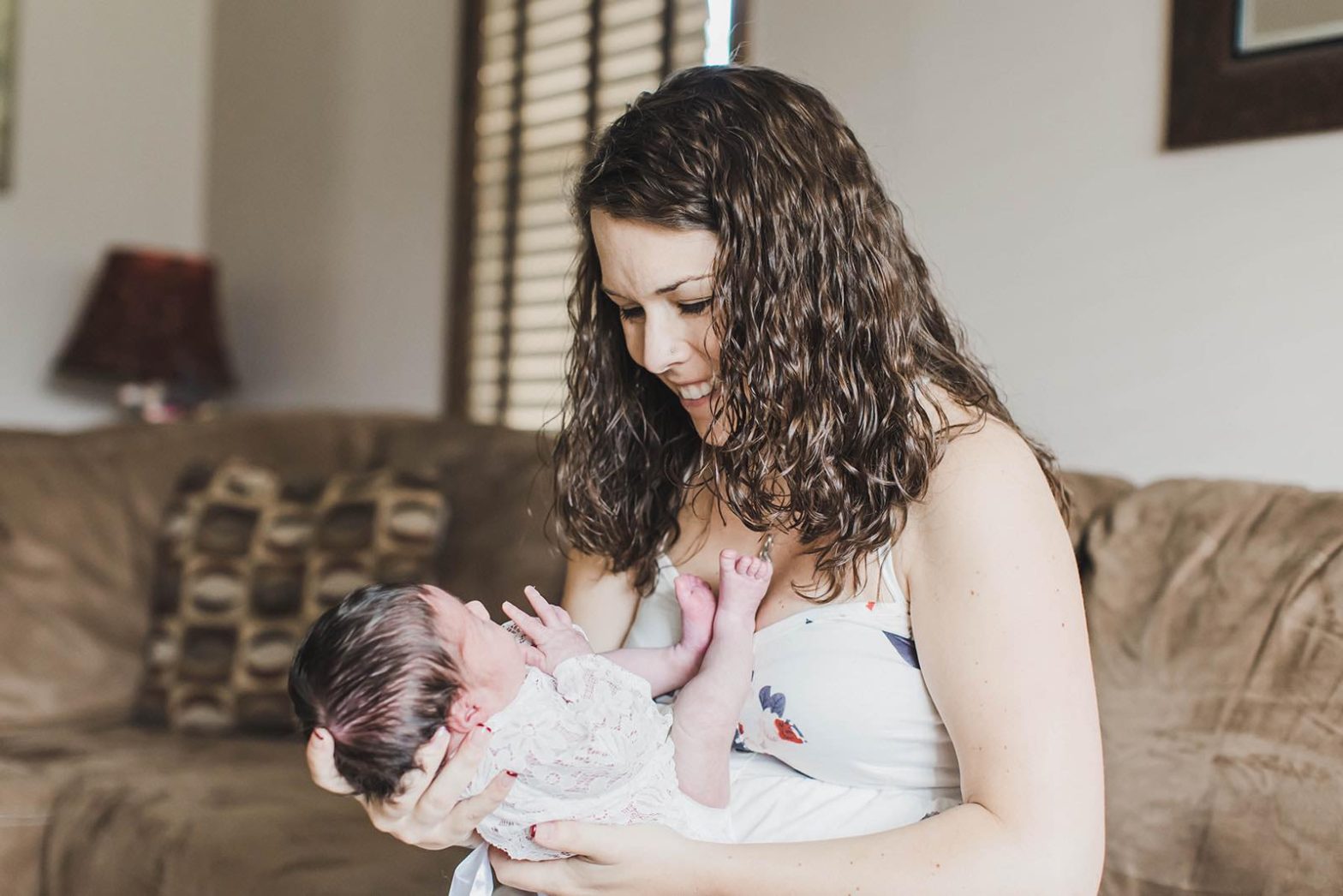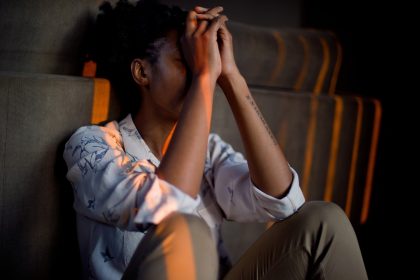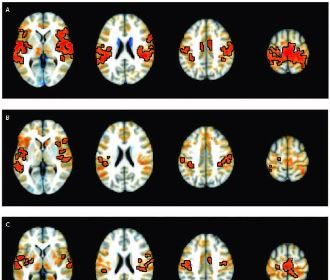Pennsylvania Expands Postpartum Coverage for Mothers

HARRISBURG, Penn. — Pennsylvania lawmakers recently announced plans to expand the Medicaid postpartum coverage period for mothers. The extension will take effect on April 1, 2022.
“Pennsylvania has worked to protect and support mothers before, during and after birth for some time, with a myriad of programs to promote good health for mom and baby. With information we have learned along the way, we know that moms need more postpartum support,” said Ali Fogarty, communications director at Pennsylvania Department of Human Services.
Currently, federal law requires Medicaid to extend eligibility for pregnant women with incomes up to 138% of federal poverty level for 60 days following the birth of a baby.
However, under the American Rescue Plan Act, states are able to implement new options to expand the Medicaid postpartum coverage period for mothers to one year following the birth of a baby.
The move by the administration of Democratic Gov. Tom Wolf to expand the Medicaid postpartum coverage period to one year comes at a time in which the country is experiencing increases in pregnancy-associated deaths.
“Medicaid covers three in 10 in births in Pennsylvania, and Medicaid was the primary payer in about 53% of pregnancy-associated deaths. Extending this coverage is in part an equity initiative,” said Fogarty.
An analysis released last year by the Pennsylvania Department of Health finds that pregnancy-associated deaths in the state increased by more than 20% from 2013-2018, with 457 deaths occurring during pregnancy or within one year of pregnancy.
Nearly 60% of all pregnancy-associated deaths came between six weeks and one year after giving birth, largely outside of the 60-day limitation on coverage.
“Postpartum depression can be life-threatening, and there should be no stigma in talking about this complication, which is why providers must help recognize potential complications, create an environment where parents feel safe and supported, discussing what they are experiencing, and connect parents to preventive and supportive services,” said Fogarty.
Postpartum depression is a serious mood disorder causing sadness and anxiety that can occur in women who have recently given birth. In Pennsylvania it affects one in seven women, which translates to approximately 21,000 women.
The American Psychological Association warns that any mother experiencing symptoms lasting longer than two weeks after giving birth should take it as a warning sign to get screened for postpartum depression.
Symptoms could include things like racing, scary thoughts, a loss of pleasure in things once enjoyed, eating more or much less than usual, excessive irritability, thoughts of hurting yourself or the baby, and fears of not being a good mother.
Renee Poligone, a first-time mother living in Harrisburg, Pennsylvania, gave birth at the end of June, and 24-hours later began to feel the “baby blues” that her physician warned could occur.
“I remember crying that evening because of exhaustion, depression, hormones, and being overwhelmed,” said Poligone.
Two weeks later, Poligone was given a postpartum screening by her physician, consisting of questions about her mental health.
“I didn’t lead on to how badly I was feeling though out of shame,” said Poligone.
“People make you believe that this should be the happiest time of your life, and you have this beautiful and healthy baby, and there’s nothing to be sad about. I also fear being honest might make people think that I don’t love my baby, when that’s absolutely not the case,” she said.
However, since those initial days with her new baby, Poligone said she has continued to experience symptoms like excessive crying, feeling like she is not a good mother, not wanting to see friends, and a lack of a desire to eat because nothing sounds appealing.
To try to address her symptoms, which lasted for nearly six weeks after birth, she increased her Prozac medication which she’s taken for over 12 years. She also found support through talking with other moms, who let her know she wasn’t alone, and that the depression she experienced after giving birth was not unusual.
“It felt like forever going through it, but I did believe it would get better and honestly within the last week and a half, I feel like it has started to get better,” said Poligone.
The Medicaid expansion for postpartum women in Pennsylvania will also include access to a home visiting program, which typically consists of regularly scheduled visits with a trained family development specialist, monthly parent meetings, and routine screenings to identify postpartum depression.
“It’s kind of hard when you leave the hospital after giving birth and feel like you’re kind of on your own. So, I think home visits would be a good way to feel like you are connected to resources and not feel so alone. Same goes for support groups, having that community would really help,” said Poligone.






















